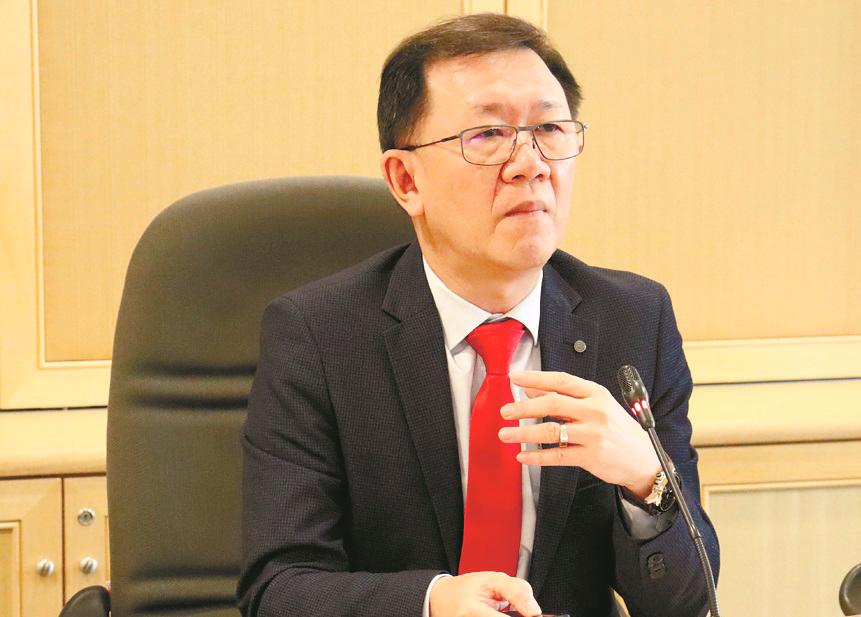KUALA LUMPUR: Despite weakening against the greenback, the Malaysian ringgit has strengthened against the Japanese yen and the euro due to the latter’s negative interest rate and unstable economy respectively, according to Socio-Economic Research Centre (SERC) executive director Lee Heng Guie.
Of late, Lee said the weakening ringgit against the US dollar has been the public’s main concern due to the latter’s position as a global business currency but against other currencies, Malaysia has fared better.
The ringgit has strengthened against the yen due to the Bank of Japan’s negative interest rate policy which was implemented since 2016 to combat decades of deflation. He opined that even when Japan’s economy recovers slightly, it will fall back to stagnation.
Despite the ringgit weakening against the US dollar, Lee pointed out that the yen has weakened greater against the greenback due to the latter’s negative interest rate policy. Hence, the ringgit comes out stronger compared to the yen.
On the euro, he said the unstable European economy and the slow response from the European Central Bank (ECB) has weakened the currency greatly against US dollar which in turn, has made the ringgit stronger against the former. He added that the strength of a currency is usually a barometer of the overall health of its country’s economy.
“We strengthened against the euro because we know the (European) economy is in bad shape, and the ECB has only recently decided to be aggressive. So, the euro has weakened a lot against the US dollar and because they weaken more against the (greenback) compared to the ringgit, the ringgit (has) strengthened. Normally a currency is a barometer of the overall health of the economy,” he told reporters during the media briefing on Quarterly Economy Tracker (Third Quarter of 2022) by SERC today.
Touching on Bank Negara’s recent interest rate hike, Lee opined that the central bank needed to normalise interest rates because as the country moves past crisis and reopens its economy, it needed “rebuild some buffer”. Raising interest rates is a blunt tool and some sectors will be impacted positively, while others negatively. He believed that if a country practises sound economic fundamentals, investors confidence will return.
“Foreign currency deposit, the money put by the investor in the banking sector (in foreign currency) has increased significantly over the last one year. From January 2021 to July 2022, the foreign currency deposits has increased by RM41.9 billion,” he said.
On outlook, he anticipated a weaker economic growth in the fourth quarter this year and 2023. It has revised its GDP growth projection for Malaysia to 6.5% from 5.2%, due to steady growth in Q2’22.
“GDP is still strong... estimated at around 8-9% in Q3, partly aided by low-base effect before easing to 4-5% in Q4. Full year 2022, GDP growth (is) estimated at 6.5%. For 2023, real GDP is forecast to grow at a more moderate pace of 4.1% on the weakening global growth, the normalisation of domestic demand and also the high-base effect,” he said.










